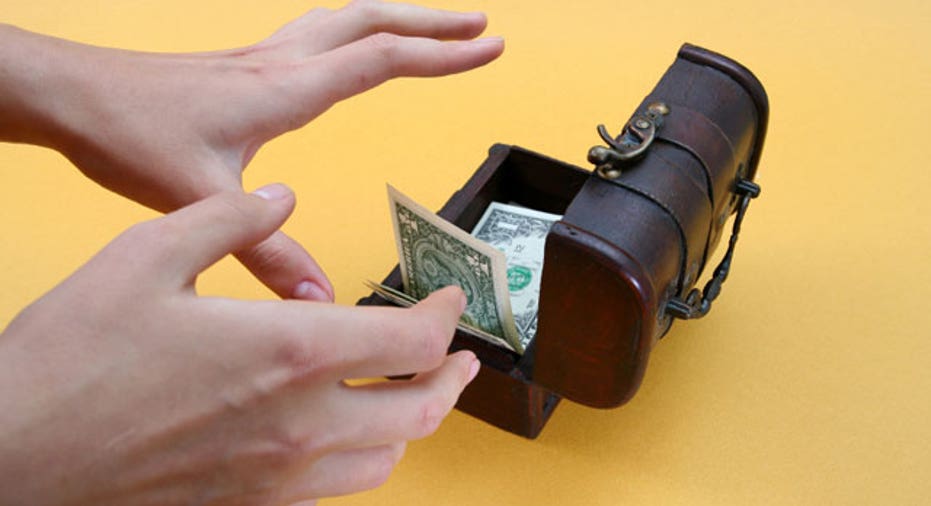Are You Taking Frugality Too Far?

There's nothing wrong with getting creative and going the extra mile to save money. But if you're cheating yourself or others just to save a buck, you're taking frugality too far."Frugality that comes at the expense of someone else is not really frugality or thrift," says Liz Weston, a personal finance columnist based in Los Angeles, and author of the upcoming book "The 10 Commandments of Money: Survive and Thrive in the New Economy."Saving money should be a means, not an end, says Weston. You want to be balanced so you're neither spending too much nor saving to the extreme.
"You don't want to be so thrifty that you miss living life today," Weston says. "Life is not about all of the ways you can save money."
Telltale signs
Being dishonest or constantly trying to game the system to come out ahead are hallmarks of taking frugality too far, says Jeff Yeager, author of "The Cheapskate Next Door."Yeager's book presents a variety of strategies for saving money and living below your means from hundreds of "cheapskates" he surveyed while traveling the country to promote an earlier book. Most of the people Yeager talked to weren't trying to game the system, but he met a few who did.
For example, one man traveled a lot on business. He would take burned-out light bulbs from home and swap them with the working light bulbs in his hotel rooms. He also stole towels from hotel pools. When he was home, he swung by local hotels that offered a free continental breakfast and helped himself, claiming it was OK because the signs advertising the free meal didn't say "For Guests Only."
"I don't know if he has some sort of hotel fetish or what, but I think he's going to spend eternity in the Bates Motel," Yeager says.
Sometimes there is a fine line between acceptable frugality and crass cheapness.There are certain things that hotels expect you to take, like shampoo. So, the hotel basically builds the loss into the cost of the room, says Weston. But taking toilet paper and towels crosses the line.
"If you have any questions, ask somebody who's in charge. If you don't want to ask somebody who's in charge, that's a pretty good indication that you shouldn't be doing it," Weston says.
Going too far
How do you know if you're taking frugality too far?
Weston and Yeager agree that if you leave bad tips at restaurants, you're going too far."If you can only afford to go out to eat if you're going to slight your server, then don't do it," Yeager says.
Skimping on health care or eating unhealthy food because it's cheaper than more nutritious food are more examples of going too far, says Weston."You've got to make sure you're getting the basics," she says.
You may need to change your mindset to avoid taking frugality too far. Weston and Yeager point out that money should not be the center of your life. In fact, the people Yeager talked to for his book are frugal, but have also figured out how to make money a less important part of their lives. They give almost twice as much to charity as the average American, he says.
Yeager advises people to ask themselves how much is enough -- in terms of money and material goods. Once you have enough, plowing ahead to try to get more "quickly leads to dishonesty and deceit and misery," Yeager says.
From Dumpster diving to eating less food, Bankrate readers have some creative ways to stretch their dollar. For more, see "The craziest thing I did to save money."
Alternative approach
This economy has forced a lot of people to cut expenses. Since they're not used to living frugally, they run the risk of being obnoxious about it, Yeager says.
But it doesn't have to be that way.
Yeager talked to a lot of frugal people for his book, and more than 90% of them tip in the 15% to 20% range when they do go out to eat. If you can't afford to go out, try to come up with alternatives.
"Going out is a big part of socializing," Weston says.
Weston talked to a woman who lived in New York City and didn't have much money to spend on going out. Her friends rallied around her, and they discovered many things they could do outside of her apartment that didn't cost a lot of money, Weston says.
Get more news, money-saving tips and expert advice by signing up for a free Bankrate newsletter.



















